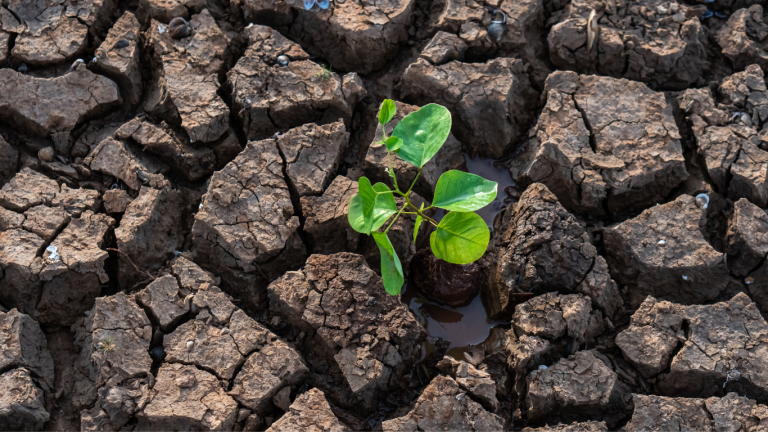
Healthy soil supports diverse plant and animal life, conserves water, and helps create resilient ecosystems capable of self-regeneration thus contributing to organic permaculture.
At our organic farm, we’re committed to growing healthy food for you, while nurturing a healthy planet. A key element in achieving both is building strong, vibrant soil. But what exactly does that mean?
Building soil health is the process of enhancing the quality and fertility of the soil by enriching it with organic matter, beneficial microorganisms, and nutrients. It involves maintaining a balanced ecosystem underground, fostering biodiversity, and ensuring the soil can sustain healthy plant growth over the long term.
Why is this crucial for organic farms? Unlike conventional farms that rely on synthetic fertilisers, we can’t simply pour on a quick fix. Healthy soil is our natural fertiliser factory, continuously releasing nutrients for our crops. It also acts like a sponge, retaining water during dry spells and preventing erosion.
By building healthy soil, we unlock a natural source of nutrients for our crops. This creates a win-win situation: maintaining our organic integrity while promoting sustainable, long-term growth.
However, healthy soil goes far beyond just avoiding synthetic fertilisers.
How to Build Soil Health
- Composting: Recycling organic waste like kitchen scraps and farm organic water into nutrient-rich compost.
- Cover Cropping: Planting cover crops to protect the soil from erosion, suppress weeds, and add organic matter when they decompose.
- Crop Rotation: Alternating different crops in a planned sequence to prevent soil depletion and promote nutrient diversity.
- No Tillage: Minimising mechanical disturbance of the soil to preserve its structure and minimize erosion.
Why Building Soil Health Matters
– Nutrient-Rich Crops: Healthy soil produces nutrient-rich crops, ensuring the food we grow is packed with essential vitamins and minerals.
– Water Retention: Improved soil health helps retain water, reducing the need for irrigation and making crops more resilient to drought.
– Carbon Sequestration: Healthy soil acts as a carbon sink, mitigating climate change by storing carbon dioxide underground.
– Biodiversity: Building soil health fosters diverse ecosystems underground, supporting a wide range of beneficial organisms vital for plant growth.
– Increased Crop Yields: Healthy soil produces abundant, high-quality crops year after year.
– Resilience to Climate Change: Well-nourished soil helps plants withstand extreme weather conditions.
– Sustainable Agriculture: Building soil health ensures the long-term viability of farming without depleting natural resources.
Why Ambokili Farm Avoids Synthetic Fertilisers
Ambokili Farm prioritises building soil health over using synthetic fertilisers because:
- Synthetic fertilisers harm soil organisms and disrupt the delicate balance of the ecosystem underground.
- Overuse of synthetic fertilisers leads to soil degradation, erosion, and water pollution.
- Ambokili Farm practices promote sustainability and long-term soil fertility without relying on synthetic chemicals.
